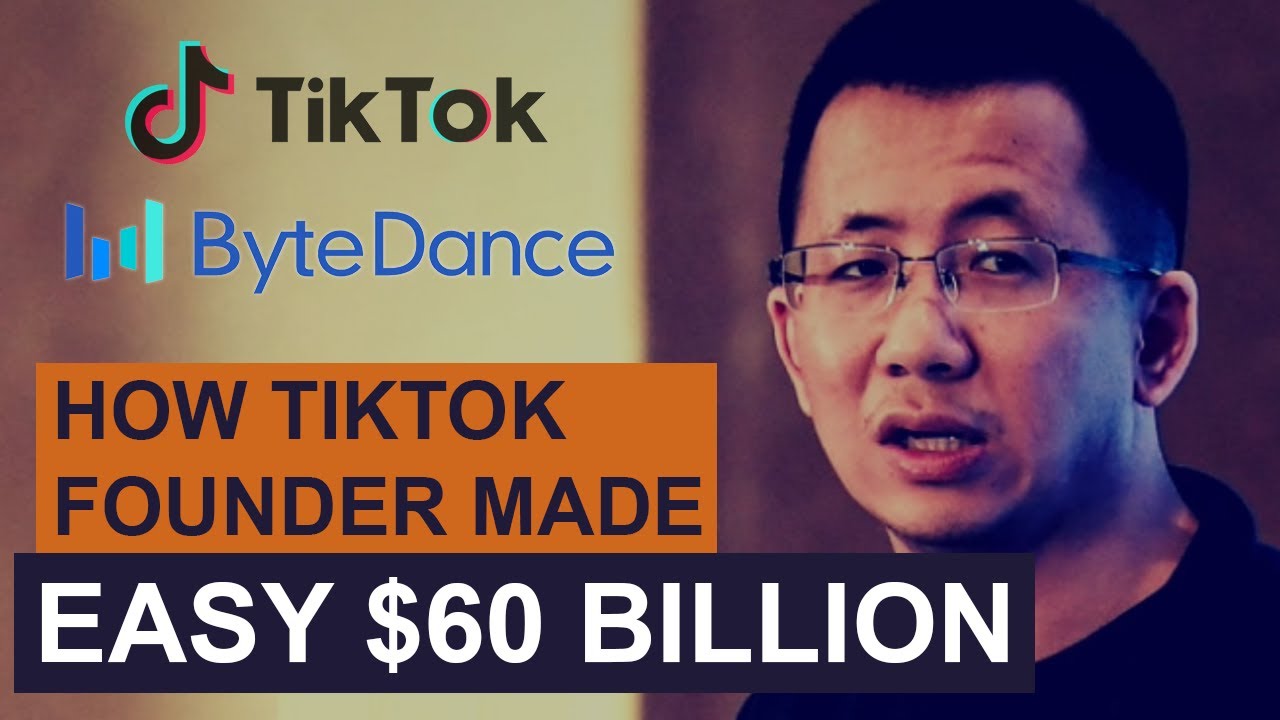CHINA: The 2024 Huron China Rich List released last week has named Zhang Yiming the richest person in the country. Zhang is the co-founder of TikTok’s parent company, ByteDance.
According to a CNN business report, his wealth currently stands at US$49.3 billion. ByteDance’s global revenue grew 30% last year to $110 billion.
Richest person in %China today?
Founder of #ByteDance, the parent company of #TikTok.
Zhang Yiming is worth $49 billion.
There are 1000 “almost billionaires” in China — each worth at least $700 million. pic.twitter.com/M1aF29npXK
— S.L. Kanthan (@Kanthan2030) October 29, 2024
Zhang founded ByteDance with his college roommate Liang Rubo in 2012, and he currently owns 20% of the company.
The company also owns the news app Toutiao and the social media app Douyin in China. Zhang resigned as CEO of ByteDance in 2021.
Zhang toppled last year’s richest person in China, bottled water king Zhong Shanshan, who held the top position for three years.
He is currently the second richest on the Huron list, with third place going to Pony Ma, who founded Tencent. Tencent is a multimedia and entertainment powerhouse.
Despite being the richest man in China for several years, Zhong is hated by many patriotic Chinese and nationalists who have accused him of lacking patriotism in a campaign that hit the prices of shares of his bottled water company.
Declining billionaires
Billionaires in China have declined, shrinking to 753 people. For context, in 2021, there were 1,185 billionaires in China. The list includes billionaires who live in Hong Kong, Macao and Taiwan.
Huron Report chairman Rupert Hoogewerf said the decline in billionaires was due to it being a difficult year for China’s economy and stock market.
“The number of individuals on the list was down by 12% in the past year to just under 1,100 individuals and 25% from the high point of 2021, when we managed to find 1,465 individuals with 5 billion yuan.
The old guard, represented by real estate developers, has given way to a new guard of tech, new energy, consumer electronics, especially smartphones, e-commerce, especially cross-border e-commerce, consumer products and healthcare,” said Hoogewerf in a statement.

